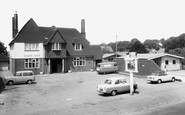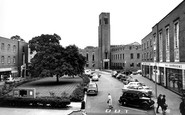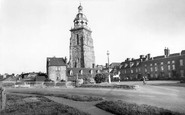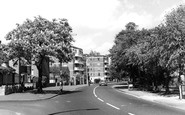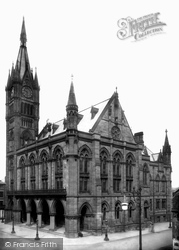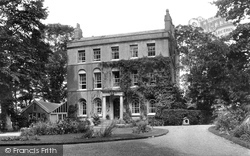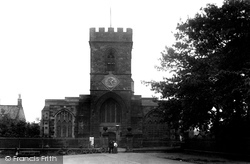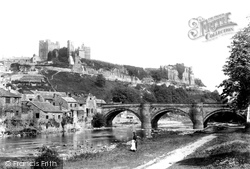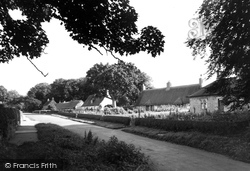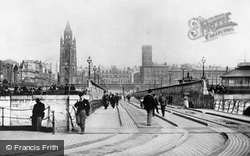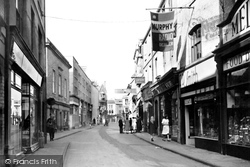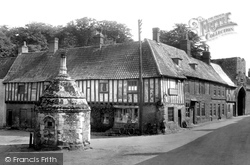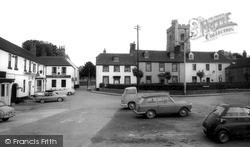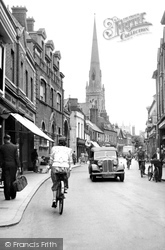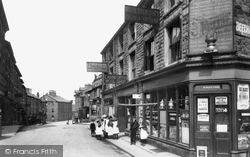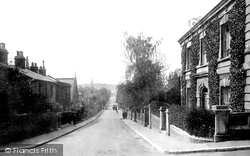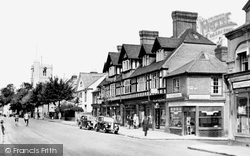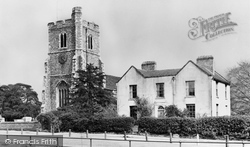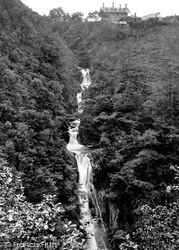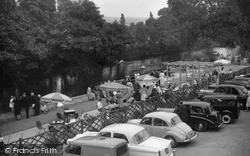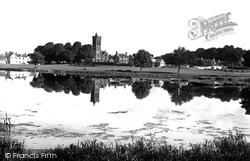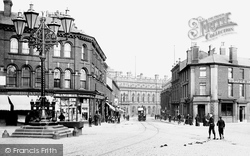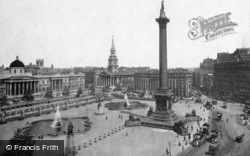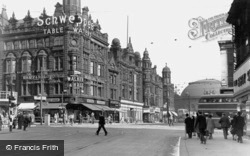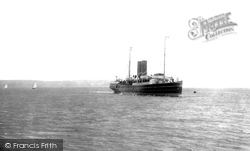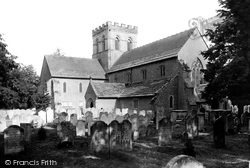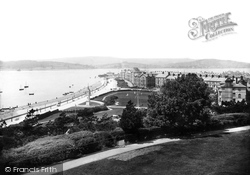Merry Christmas & Happy New Year!
Christmas Deliveries: If you placed an order on or before midday on Friday 19th December for Christmas delivery it was despatched before the Royal Mail or Parcel Force deadline and therefore should be received in time for Christmas. Orders placed after midday on Friday 19th December will be delivered in the New Year.
Please Note: Our offices and factory are now closed until Monday 5th January when we will be pleased to deal with any queries that have arisen during the holiday period.
During the holiday our Gift Cards may still be ordered for any last minute orders and will be sent automatically by email direct to your recipient - see here: Gift Cards
Places
Sorry, no places were found that related to your search.
Photos
Sorry, no photos were found that related to your search.
Maps
7,034 maps found.
Books
163 books found. Showing results 9,097 to 9,120.
Memories
22,913 memories found. Showing results 3,791 to 3,800.
Cowplain In The 60s
My family moved to Cowplain in March 1961. I was 10 years old and went to Stakes Hill Junior School. From there I went to Cowplain Seconday School for Girls from 1962 to 1967. On the corner of Sylvester Road was Pine Tree Stores. I ...Read more
A memory of Cowplain
Rabsons Toy Shop
I remember Rabsons Toy Shop, those old shops all along that street I think middle row the street was called, also we were told that a ghost was often seen above the Toy shop, not sure if that was true, I was to scared to walk past those shops at night.
A memory of Ashford
I Remember Richmond
I attended the Frenchgate School (1954). The head mistress was Nan Woodwark, a tall Viking of a woman who would oftentimes speak of her Norse heritage. I managed to find her obit on a website I came across. She lived to the ...Read more
A memory of Richmond
My History
I was born in Park Royal Hospital in November 1951. Lived for a while in Willesden High Road. We then moved to Severn Way, which was off Denzil Road. I went to school at Dudden Hill Infants School. Then I went to St.Marys Junior school. ...Read more
A memory of Willesden by
Scooter Years Mid Sixty S At The Mil
regular haught great meeting place for the mods and the live Friday music... some great bands like the in-betweens and casuals meeting place for the week end parties great friends were made abit of ...Read more
A memory of Wolverhampton by
Scooter Years Mid Sixty S At The Mil
regular haught great meeting place for the mods and the live Friday music... some great bands like the in-betweens and casuals meeting place for the week end parties great friends were made abit of ...Read more
A memory of Wolverhampton by
Christmas In 1945
I was 17 years old and lived at no 7 Tivoli Road, and when Father Christmas arrived at the front door with 4 cwt of coal my mum put newspaper down the hall and throughout the house so that the coal man could dump the coal in the shed. ...Read more
A memory of Hornsey by
Fish Meadow Fun
The Fish Meadow is just North and East of the river bridge, and in my youth, (as now) was prone to flooding. I remember a year when the still water, stretching across the meadow (as opposed to the main river flow) froze over. ...Read more
A memory of Upton upon Severn
Lived Just Round The Corner From Here
Lived in Badminton Road as a child and teenager. There was a garage just out of view on the right. Used to walk up here to the tube and buses at Clapham South, there was a bus down Nightingale Lane, the 189, which was ...Read more
A memory of Balham by
Early Thought Of Byfleet From The I.O.M.
I was born at 11, Church Road, Byfleet - the gardener's cottage, tied to 'Wey Barton', Mill Lane. That was then the residence of the Coles family, to whom my grandparents, Bert & Nellie Bird, were in service. We ...Read more
A memory of Byfleet by
Your search returned a large number of results. Please try to refine your search further.
Captions
9,654 captions found. Showing results 9,097 to 9,120.
Here we see Preston Post Office just a couple of years after it opened.
On our left as we approach Dorking from the north are the Stepping Stones. Contrary to belief, the much-photographed Stepping Stones are not that old.
Summer Hill House, on the west side of Charmouth Road, was the Victorian home of the borough magistrate Walter Banfield Wallis.
This photograph of the west front was taken shortly after completion of the Temple Moore restoration, as we can see from the light-coloured stonework around the window, buttresses and parapets
Richmond's Norman fortress was begun by Alan the Red of Brittany in 1071 and dominates the entrance to Swaledale.
Despite the fact that they were supposed to be on the same side when it came to defending the Borders, the Herons of Ford and the Manners of Etal did not always see eye-to-eye.
Our photographer is standing on the Prince's Landing Stage, looking up the floating road towards St Nicholas' Place and the church of Our Lady and St Nicholas at the top.
They founded their town of Corinium by the River Churn, in an area occupied by a native tribe called Dobunni.
This attractive small town has many picturesque old houses in its narrow streets.
There has been an inn on the site since the 14th century. It became the St George and Dragon in 1596, the Lord Abingdon Arms in 1754, and the Lopes Arms after a terrible fire in 1809.
In the foreground on the left is the Huntingdon Co-operative store, but overshadowing the whole of the street is the spire of Trinity Church.
Carnforth, six miles north of Lancaster, has a place in history as a railway town.
Even before the arrival of the railway, Ware was home to a population of rising middle-class entrepreneurs who demanded the most modern housing.
As late as 1930, parts of the High Street at Berkhamsted were not fully made up; but with the increase of traffic on this main arterial road, it had one of the first junctions in Hertfordshire to become
The town of Broxbourne runs along the old north road, and was originally one of the largest parishes in the county.
This view shows the 'sublime horrors' of the waterfall that the first visitors came to see: the hotel provided for their needs.
Downstream from the old bridge, the Wharfe takes on a gentle benign feel. Here pleasure boats can be hired in the summer months.
Castle Douglas lies close by the main road from Dumfries to Stranraer at the north end of Carlingwark Loch. Until the end of the 1700s it was known as Carlingwark.
The shops behind the big lamp in the centre of the road are interesting.
This is arguably the most famous public open space in the world, commemorating Nelson's victory at the Battle of Trafalgar in 1805.
As part of the redevelopment of the central section of Leeds, the Leeds Estates Company embarked on an ambitious scheme to transform the squalor between Vicar Lane and Briggate.
In January 1905, whilst laid up at Milford for the winter, she caught fire and sank under the weight of hose water in her hull.
The question of taste was fundamental to Victorian church building. Classic was denounced as vulgar and pagan.
owing to the growth of cheap foreign holidays and an industrial recession.
Places (0)
Photos (0)
Memories (22913)
Books (163)
Maps (7034)



